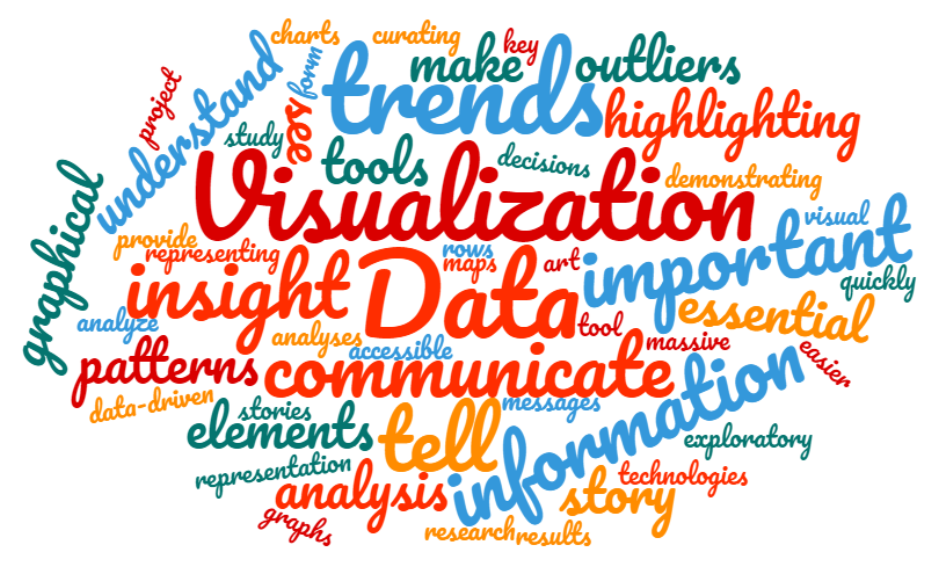Data visualization, the art of representing data through graphical elements, is an important part of any research or data analysis project. Visualization is essential in both exploratory data analysis and in demonstrating results of a study. Good visualizations can help telling the story of your data and can communicate the important messages of your analyses, since it allows us to quickly see trends and patterns, find outliers, and get insight.
Often times, it is either not easy to find the type of visualization that best describes your data, or it is not easy to find simple tools for generation of the plots of interest. For example, visualizing trends in high-dimensional datasets with multiple dependent and independent variables (and perhaps with interactions between them) can be tedious.
In this post, I decided to introduce one of the techniques for visualization of 3D data that I found very effective. This will be helpful if you are new to R or if you have never used ggplot2 library in R. ggplot2 has several built-in function and capabilities that brings the flexibility needed for presenting complex data.
Additionally, in this blog, there will be some examples of how to play with the function settings to create publish-ready figures and save them at high resolution.
Outline:
Part 1: Data explanation and preparation
Part 2: Visualize 3D data using facet_grid() function
Part 3: Visualize 3D data with other ggplot2 built-in functions
Part 4: Visualize data with multiple dependent variables
Part1: Data explanation and preparation
Here, I will be using an in-house dataset from a real world problem where we want to characterize noise in images of a set of subjects with respect to three key parameters set at the time of image acquisition. We won’t get into details of these parameters and for simplicity, we name them Var1, Var2, Var3. Noise in image as calculated by standard deviation and is named as SD.
#rstudio #visualization #data-science #data analysis
